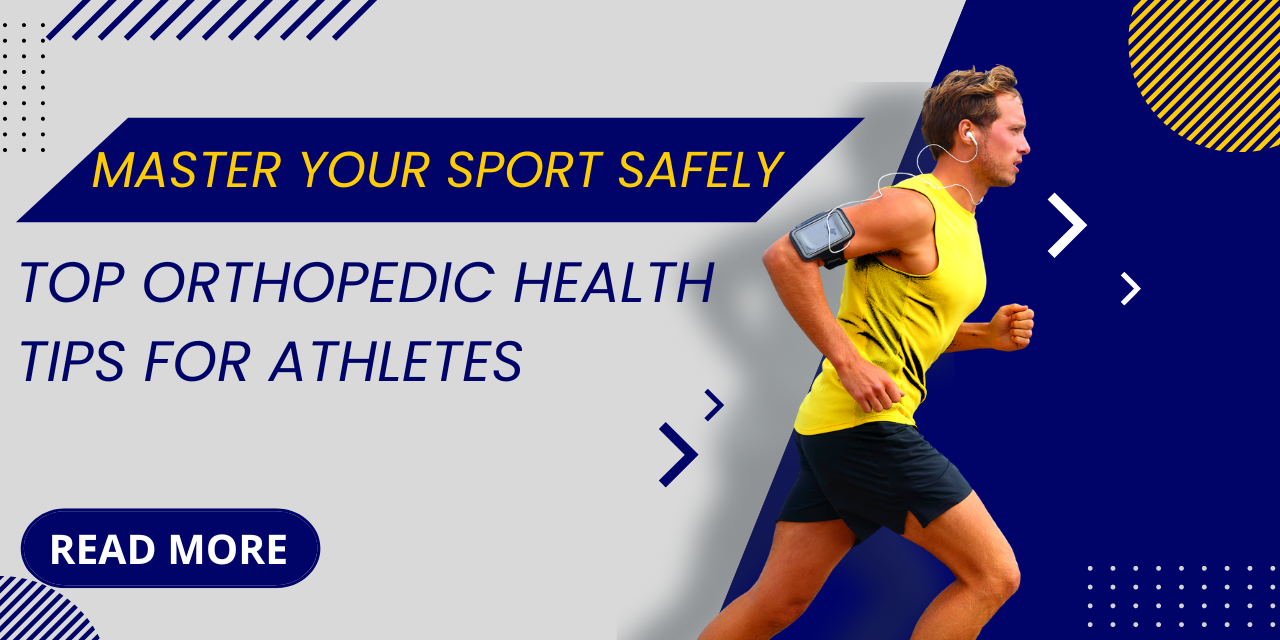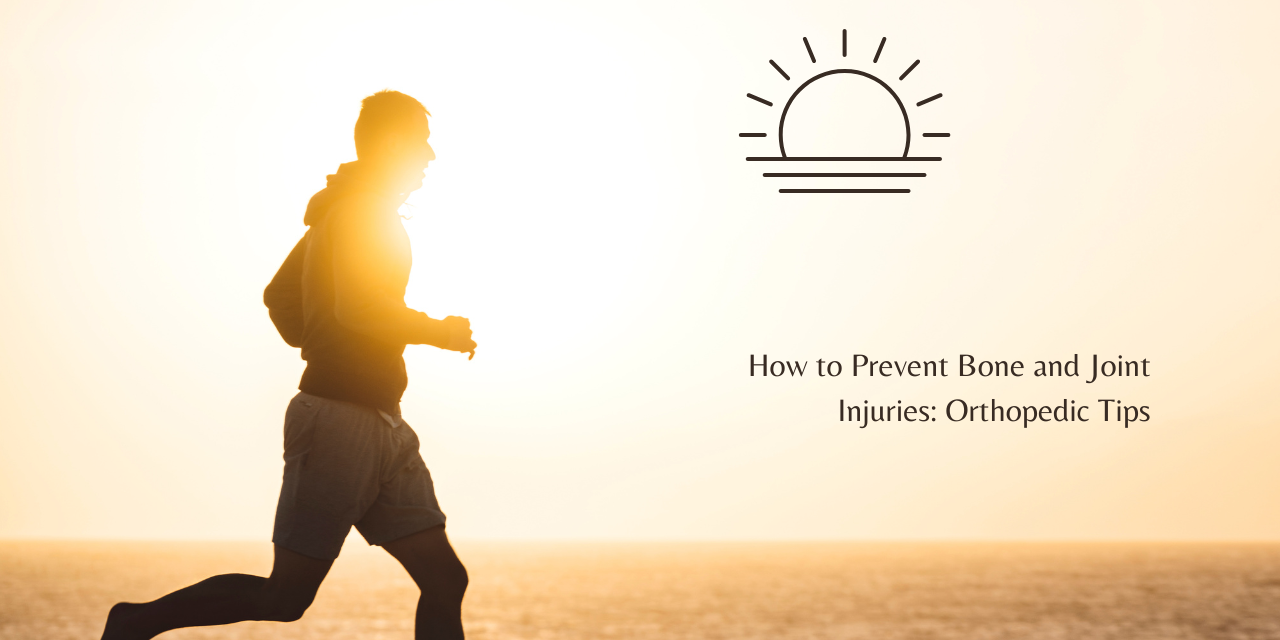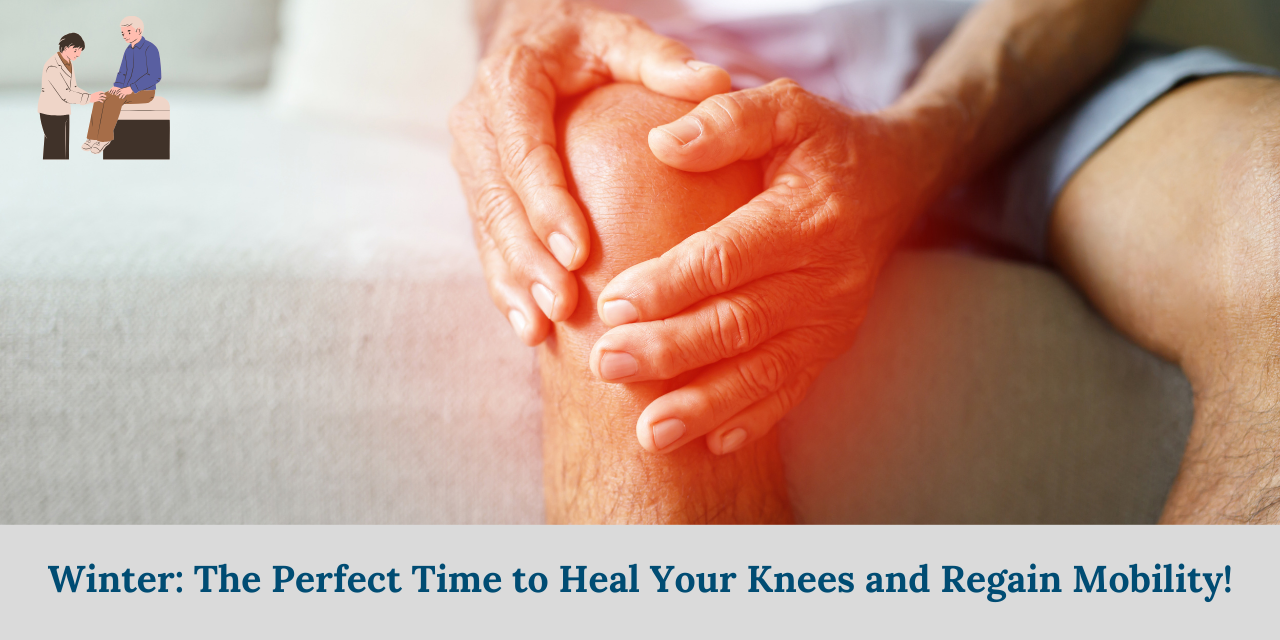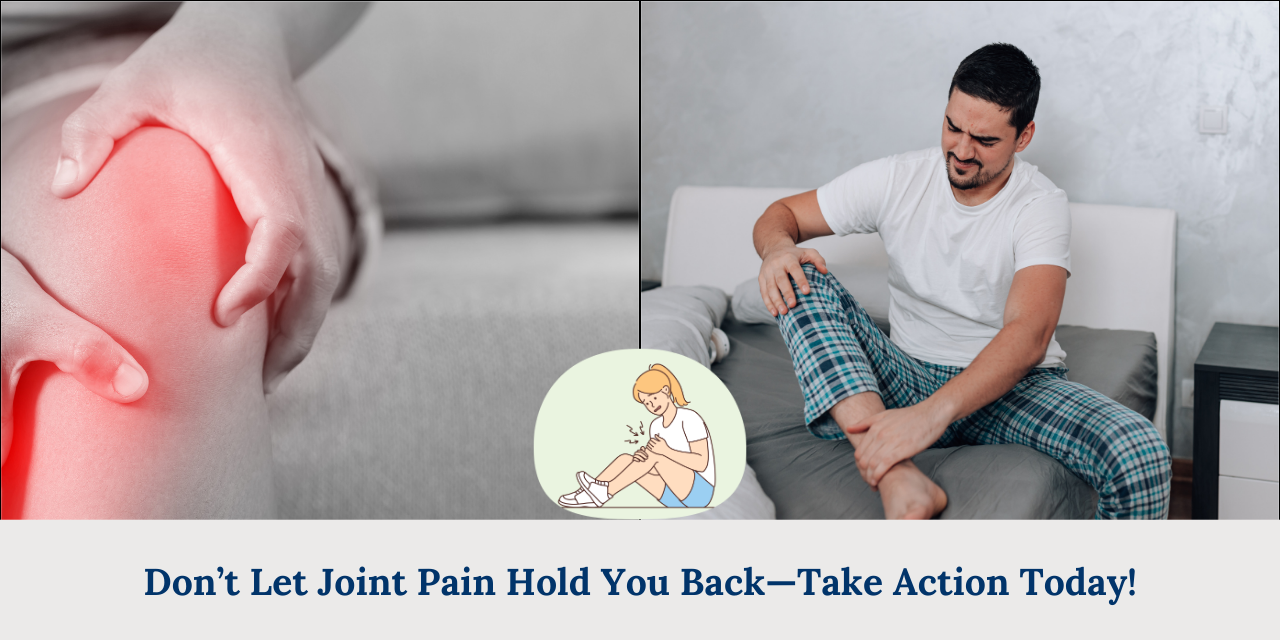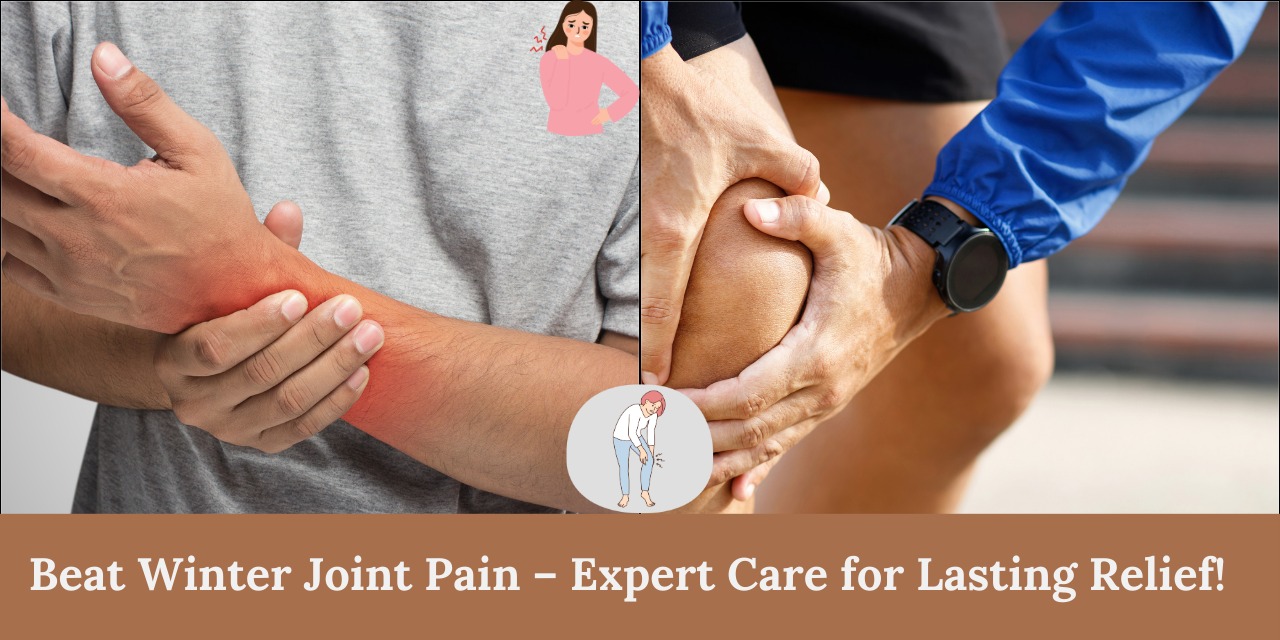Maintaining orthopedic health is crucial for athletes to perform at their best and avoid injuries. Proper care and preventive measures can significantly reduce the risk of orthopedic problems. Here are some essential orthopedic health tips for athletes, along with common causes of orthopedic issues and how to prevent them.
Common Causes of Orthopedic Issues in Athletes
Overuse Injuries
One of the most common causes of orthopedic problems in athletes is overuse. Repeated stress on bones, joints, and muscles can lead to conditions like stress fractures, tendinitis, and bursitis. Overuse injuries often occur when athletes increase the intensity or duration of their training too quickly without allowing adequate time for rest and recovery.
Acute Injuries
Acute injuries happen suddenly, often during high-impact activities or contact sports. These include fractures, sprains, and dislocations. Acute injuries can result from falls, collisions, or sudden movements that force a joint beyond its normal range of motion.
Poor Technique
Using incorrect techniques while training or playing sports can place undue stress on specific parts of the body, leading to orthopedic issues. For example, improper running form can cause knee and ankle problems, while incorrect lifting techniques can result in back injuries.
Inadequate Warm-Up
Skipping or insufficiently performing warm-up exercises can increase the risk of injuries. Warming up properly helps prepare the muscles and joints for the physical activity ahead, enhancing flexibility and reducing the likelihood of strains and sprains.
Equipment Issues
Using inappropriate or poorly maintained equipment can also lead to orthopedic problems. For instance, wearing worn-out shoes or using sports gear that doesn’t fit correctly can contribute to injuries.
Orthopaedic Health Tips for Athletes
1. Gradual Training Progression
To prevent overuse injuries, increase the intensity, duration, and frequency of your training gradually. This allows your body to adapt to the new demands without becoming overstressed.
2. Proper Technique
Always use proper techniques when training or playing sports. Consider working with a coach or trainer to ensure your form is correct. This can prevent unnecessary strain on your body and reduce the risk of injury.
3. Adequate Warm-Up and Cool-Down
Start each training session with a proper warm-up that includes dynamic stretches and light aerobic activities. After exercising, cool down with static stretches to help relax your muscles and maintain flexibility.
4. Strength Training
Incorporate strength training exercises into your routine to build muscle strength and support your joints. Strong muscles can better absorb shock and protect your bones and joints from injury.
5. Rest and Recovery
Ensure you get enough rest between training sessions. Adequate sleep and rest days are essential for recovery and preventing overuse injuries.
6. Proper Equipment
Use equipment that is appropriate for your sport and body type. Ensure that your shoes, pads, helmets, and other gear fit well and are in good condition.
7. Stay Hydrated and Eat Well
Proper nutrition and hydration play a significant role in maintaining orthopedic health. A balanced diet rich in calcium, vitamin D, and other essential nutrients helps keep your bones strong. Staying hydrated ensures that your muscles and joints function optimally.
8. Listen to Your Body
Pay attention to any signs of pain or discomfort. If you experience persistent pain, swelling, or reduced range of motion, seek medical advice promptly. Early intervention can prevent minor issues from becoming major problems.
Frequently Asked Questions
What are common orthopedic injuries in athletes?
Common orthopedic injuries in athletes include sprains, strains, fractures, tendinitis, and dislocations.
How can athletes prevent overuse injuries?
Athletes can prevent overuse injuries by gradually increasing their training intensity, using proper techniques, and allowing adequate rest and recovery time.
Why is warming up important before exercise?
Warming up increases blood flow to the muscles, enhances flexibility, and prepares the body for physical activity, reducing the risk of injuries.
What role does nutrition play in orthopedic health?
Proper nutrition provides essential nutrients like calcium and vitamin D, which are crucial for maintaining strong bones and overall orthopedic health.
When should an athlete see a doctor for orthopedic issues?
An athlete should see a doctor if they experience persistent pain, swelling, or reduced range of motion, as early intervention can prevent minor issues from becoming serious problems.
For further information and professional care, consult Dr. Anupam Gupta at Pro Life Hospital Panchkula for top-notch ortho treatment in Panchkula .
Conclusion
Maintaining orthopedic health is vital for athletes to perform at their best and enjoy a long, injury-free career. By following these orthopedic health tips, athletes can reduce the risk of injuries and ensure their bodies stay in top condition. However, if you do experience orthopedic issues, seeking professional help is crucial.For specialized care, Dr. Anupam Gupta at Pro Life Hospital Panchkula offers expert ortho treatment in Panchkula. Dr. Gupta, a renowned bone specialist in Panchkula, provides comprehensive care to help athletes recover quickly and safely.








